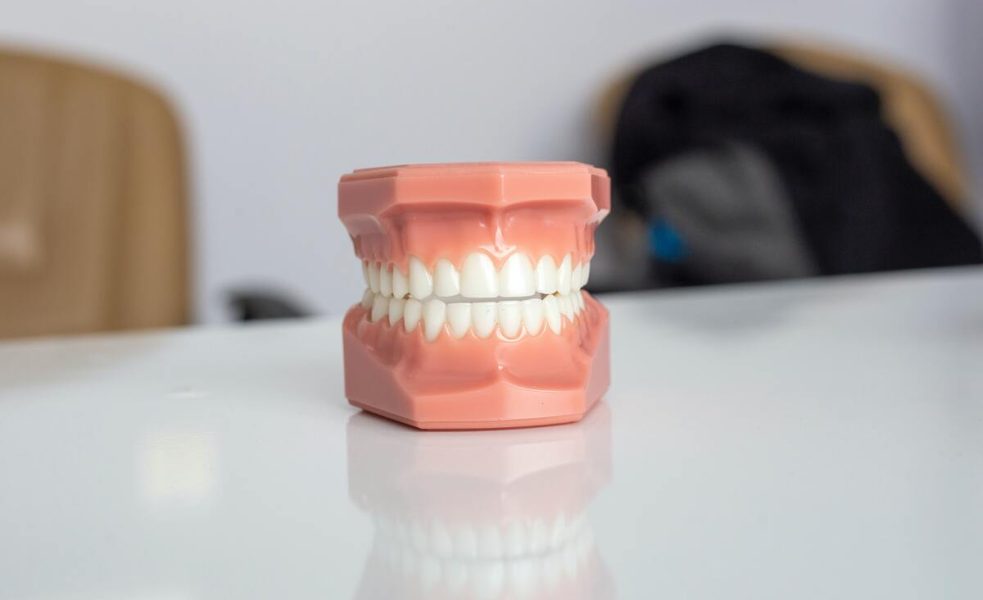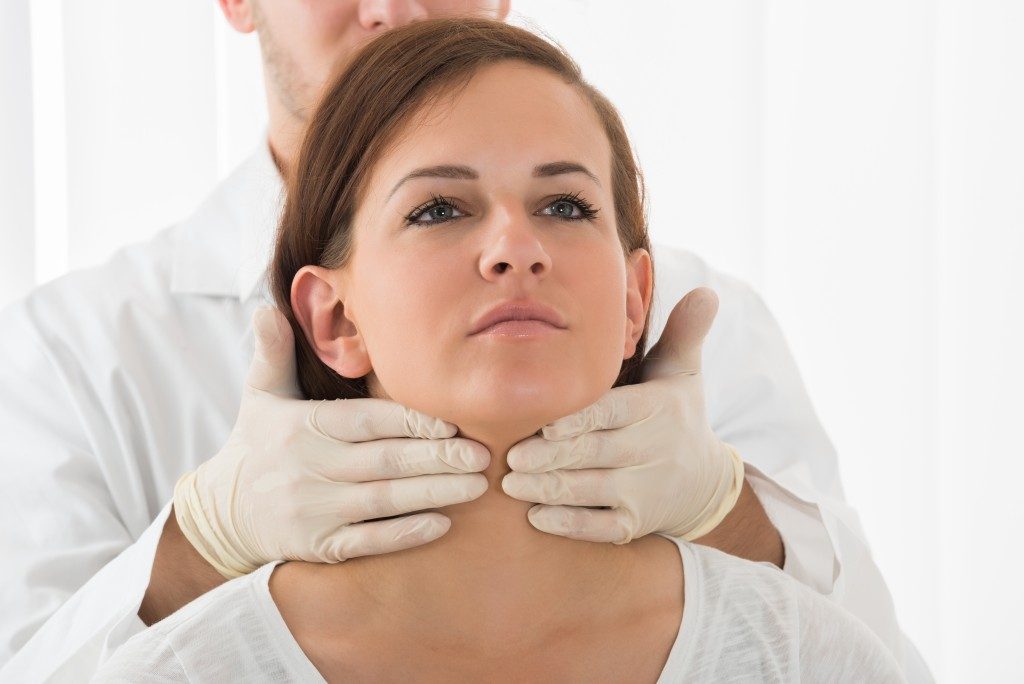When it comes to dental health, there are a lot of myths and half-truths floating around. It can be hard to know what to believe and what to dismiss. This blog post will set the record straight on some of the most common misconceptions about dental health. Keep reading to learn the truth about flossing, toothpaste, and more.
You don’t need to floss if you brush your teeth
One of the most common myths about dental health is that flossing is unnecessary if you brush your teeth regularly. This simply isn’t true! Flossing is an integral part of maintaining oral health.
Flossing should not be neglected just because you brush your teeth regularly. While brushing helps to remove plaque and bacteria from the surfaces of your teeth, it does not reach between them. This is where flossing comes in. Using a clean floss length to gently brush between your teeth, you can remove plaque and bacteria that brushing alone misses. In addition, flossing helps to massage your gums and remove any food particles that may be stuck there.
As a result, flossing is essential to keeping your mouth healthy and free of disease. So don’t believe the myth that you don’t need to floss if you brush regularly—make sure to include flossing in your daily dental routine!

Whitening toothpaste can make your teeth whiter
It’s a common misconception that brushing teeth with whitening toothpaste will make them whiter. In reality, toothpaste can only remove surface stains from teeth, and it can’t change the natural color of your teeth.
However, there are some things that you can do to help keep your teeth looking their best. For instance, avoiding coffee, tea, and red wine can help to prevent new stains from forming. These drinks are all notorious for causing tooth staining. In addition, regular dental check-ups and cleanings can also remove deep-set stains and help keep your smile looking bright.
So, while whitening toothpaste won’t make your teeth whiter, it can still be a valuable part of your dental care routine.
Mouthwash can replace brushing and flossing
Mouthwash does have some benefits, such as freshening your breath and killing bacteria. However, it’s no substitute for regular brushing and flossing.
According to dental health experts, mouthwash cannot replace brushing and flossing to keep teeth and gums healthy. While mouthwashes can help to reduce plaque and bacteria in the mouth, they are not as effective as brushing and flossing at removing food particles and plaque from teeth. In addition, mouthwashes do not help to remove tartar. This can only be removed by a professional cleaning.
Therefore, it is vital to continue to brush and floss regularly, even if you are using mouthwash. You can maintain optimal dental health by using all three of these methods—brushing, flossing, and mouthwash.
Baby teeth don’t matter
It’s a common saying that “baby teeth don’t matter because they’re just going to fall out anyways.“ However, this is a myth about dental health. Baby teeth are essential for several reasons:
- They help children learn to speak clearly and correctly.
- They hold space in the jaw for adult teeth. If a child loses a baby tooth too early, their adult tooth may be crooked.
- Baby teeth act as placeholders for permanent teeth. They help guide permanent teeth into the correct position in the mouth.
For all these reasons, taking care of baby teeth just as you would permanent ones is important. If your child’s baby tooth is loose, visit your dentist right away. If you’re an adult with a loose tooth, don’t ignore it—see your dentist to find out what’s happening. Your dentist can provide tooth replacement services if necessary.
Bad breath is caused by garlic or onions
Many people believe that bad breath is caused by eating certain foods like garlic or onions. However, this is nothing more than a myth.
Bad breath is actually caused by bacteria that build up in the mouth. These bacteria are attracted to food particles left behind after eating. Over time, the bacteria release foul-smelling compounds that can cause bad breath.
The best way to prevent bad breath is to practice good oral hygiene. This means you must brush and floss regularly and see your dentist for regular check-ups. You can enjoy fresh breath and a healthy smile with good oral care habits.
Now that you know the truth about some of the most common dental health myths, you can take care of your smile the right way. Remember to brush twice daily, floss once daily, and see your dentist for regular check-ups and cleanings. If you follow this routine, you can flash those pearly whites with confidence and dazzle the crowd.



